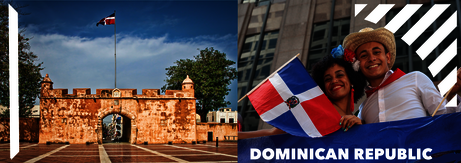Summary of operations
Road Infrastructure: Financing for 148 kilometers of highways.
Energy: Financing for the generation of 80 megawatts of clean renewable energy.
Agro Sector: US$ 60 million for the strengthening of the agricultural sector with a sustainable technological approach.
A 228% increase in the amount estimated in the 2021-2026 country strategy, reaching US$ 1.8 billion. In the previous five-year period the disbursement amounted US$ 533.9 million.
PROJECTS

Coral Highway Project
It consisted of the construction of a 70-kilometer-long, 4-lane highway, for which financing of US$70.0 million was allocated.
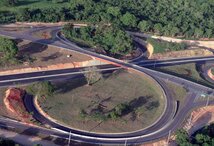
Improvement and Expansion of the Eastern Road Corridor for road sections
San Pedro de Macorís-La Romana Section, La Romana Beltway Section and Eastern Tourist Boulevard Section, totaling 78 kilometers in length and representing the best road infrastructure in the country.
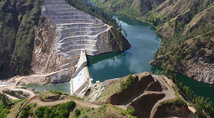
Palomino Hydroelectric Project
With a clean and renewable energy generation capacity of 80 megawatts, it is located in the Province of San Juan. For its execution, the Bank allocated financing for a total amount of US$ 130.0 million
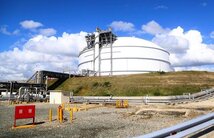
Construction of a 50-kilometer gas pipeline in San Pedro de Macorís
Loan in favor of AES Dominicana for a total amount of US$54.00 million.
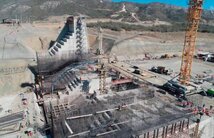
Montegrande Multipurpose Dam Project Phase III
With current financing of US$249.6 million
Studies begin for the development of the train between Santiago de los Caballeros and Santo Domingo in the Dominican Republic
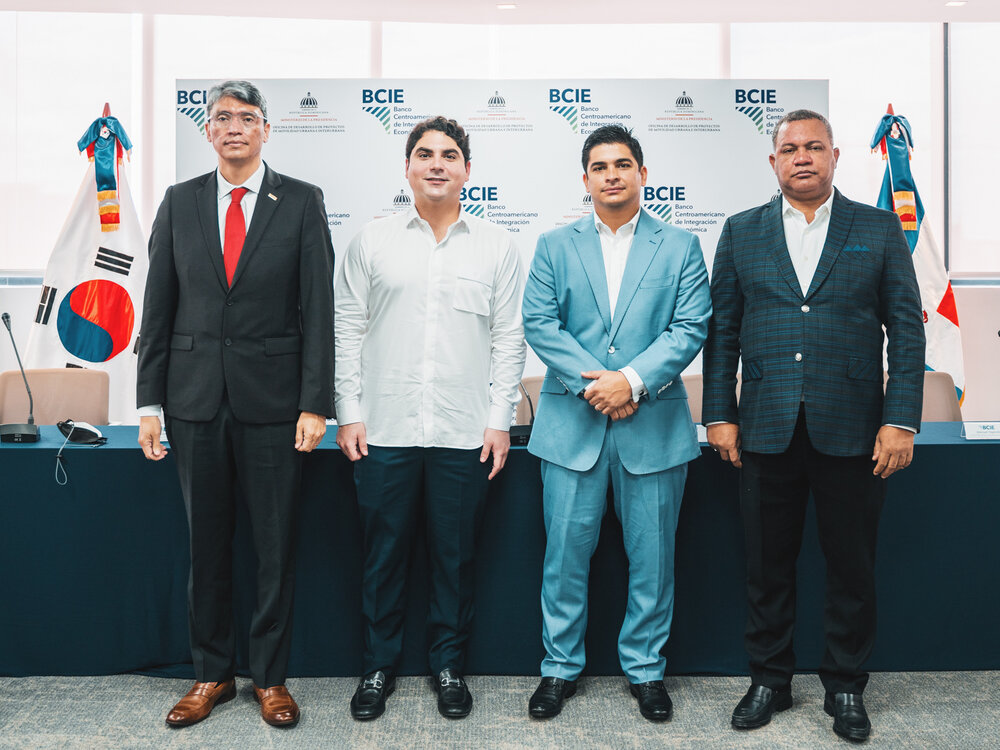
The Executing Agency for the Development of the Santiago de los Caballeros - Santo Domingo Railway Line will be the Office of Urban and Interurban Mobility Projects of the Ministry of the Presidency headed by Mr. Jhael Isa.
Santo Domingo, February 3rd, 2021.- On Thursday, the Central American Bank for Economic Integration (CABEI) held a seminar in the Dominican Republic where the consulting firm in charge of carrying out the studies for the "Market Analysis and Regulatory Reform to Support the Development of the Santiago de los Caballeros - Santo Domingo Railway Line" presented the initial report showing the objectives and methodology of the studies that will help determine the market demand for the service, and review and propose the regulatory, legal and governance frameworks for the country's railway sector to develop the Train project.
The event, which took place in a hybrid format, included the virtual participation of CABEI's Executive President, Dr. Dante Mossi, and the Executive Director of the Republic of Korea to CABEI, Dongjoon Kim, while the Executive Director of the Dominican Republic to CABEI, Hostos Rizik, participated in person at the Bank's representative office in Santo Domingo.
"We are excited to know that as of today these important studies that will support the development of a safe and efficient rail transportation network for cargo and passengers are beginning, and that in six months we will have the results to move forward with the work that will undoubtedly improve the quality of life of Dominicans and will join the initiative promoted by the Bank to strengthen the transportation sector and sustainable mobility in the region," said Mossi.
For his part, CABEI Executive Director for the Dominican Republic Hostos Rizik commented that "this project is in line with the Government's strategic objectives of promoting mobility, diversifying exports, contributing to economies of scale, and boosting economic growth and national competitiveness with a direct benefit for the communities surrounding the project and an indirect benefit for the entire country."
In his participation, CABEI's Executive Director for the Republic of Korea, Mr. Dongjoon Kim, stated that with this US$630,000 non-reimbursable technical cooperation approved within the framework of the Korea-CABEI Single Donor Trust Fund (KTF), Korea reaffirms its commitment to support the region's countries in promoting new technologies in the transportation sector that will boost their competitiveness.
In the presentation, the international consulting firm ALG Global Infrastructure Advisors, S.L., announced that the objective of the studies is to analyze the viability of the rail corridor, including passenger and freight transportation, the identification of new projects arising from the implementation of the corridor, and the strategic designs for an optimal governance structure in the sector, as well as the implementation of capacity building and knowledge transfer workshops on the subject.
Dr. Mossi concluded by stating that "with this initiative CABEI is positioning itself as the main promoter of rail mobility in the SICA region through high-impact projects that include similar initiatives in countries such as El Salvador, Guatemala and Costa Rica with a common denominator, which is the support we are receiving from our partner Korea, taking advantage of its high technology, proven experience and the transfer of knowledge and capabilities to our countries in this highly specialized sector. Undoubtedly, this is an opportunity that we must take full advantage of.”

